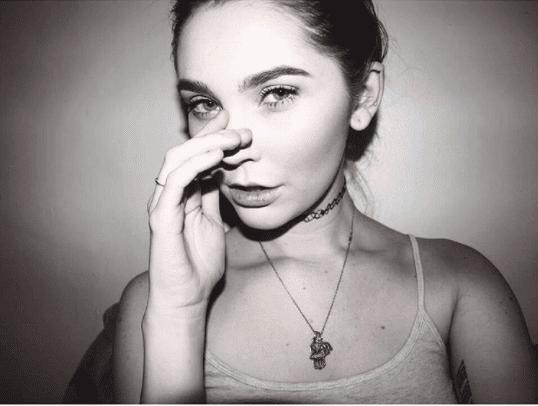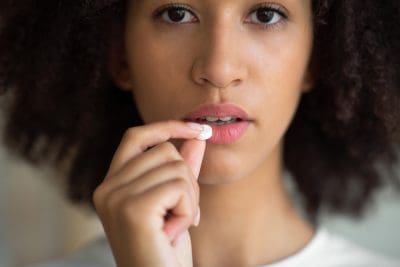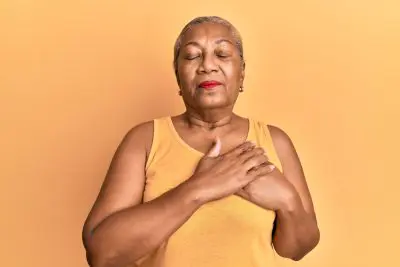
In the 1980s and 90s, Blacks were criminalized for their drug use during the so-called War on Drugs. Black families’ health and safety were the collateral damage of what was deemed an inner city problem, a wave of issues that started as early as the 1960s. Our fathers, brothers and nephews were imprisoned. The only refuge our mothers, sisters and nieces had were unsafe shelters for the homeless, preference was given if kids were involved.
Last March, Ekow Yankah, Yeshia University’s Cardozo School of Law professor compellingly compared the national response to the [Blacks] crack epidemic versus the [Whites] heroin and opioid epidemic.
Faced with a rising wave of addiction, misery, crime and death, our nation has linked arms to save souls. Senators, CEOs, midwestern pharmacies, even tough-on-crime presidential candidates now speak with moving compassion about the real people crippled by addiction. It wasn’t always this way. Thirty years ago, America was facing a similar wave of death, addiction and crime. And the response couldn’t have been more different. Television bought us endless images of thin, Black ravaged bodies always with desperate dried lips. We learned the words ‘crack baby.’ When addiction was a Black problem, there was no wave of national compassion. Instead we were warned of super predators, young, faceless black men wearing bandannas and sagging jeans.
No matter how far from our lives crack was, we’re guilty by association. By the time I was in college in the early 1990s, my short dreadlocks meant older women would cross the street to avoid me.
African-Americans were cast as pathological. Their plight was evidence of collective moral failure, of welfare mothers and rock-slinging thugs and a reason to cut off all help. Blacks would just have to pull themselves out of the crack epidemic. Until then, the only answer lay in cordoning off the wreckage with militarized policing.
Today, police chiefs facing heroin addiction are responding not by invoking war, but by trying to save lives and get people into rehab. Suddenly, crime is understood as a sign of underlying addiction, rather than a scourge to be eradicated.
…
When the faces of addiction had dark skin, the police didn’t see sons and daughters, sister and brothers. They saw brothas, young thugs to be locked up, not people with a purpose in life.
…
White heroin addicts get overdose treatment, rehabilitation and reincorporation. Black drug users got jail cells and just say no.
A post shared by Sara Naomi (@saranaomi1) on
The rallying cry has come too late for many. Model Alexandria Aurelia, 20, who passed away last February, could have benefitted from the compassion that should have been bestowed four scores and seven years ago. Heroin had a tight grip on this promising talent who once modeled during a shoot for rolling out [as seen in the Instagram post above and in this video:
Allusions by A. Lekay Swimwear empowers women to live life fearlessly]
We don’t take this pain lightly. Alexandria’s father, John Cramsey of Lehigh Valley, Pennsylvania, guns locked and loaded, goes on hunts to rescue addicts. It all started because Alexandria and her 22-year-old boyfriend died of a heroin overdose on February 21, 2016.
A vigilante, Cramsey has taken to social media to keep friends and followers engaged about his work against what he calls ‘the demon” that took his daughter’s life. He started a group called “Enough is Enough” and has been spreading awareness about the effects of heroin in Pennsylvania’s Lehigh Valley. Also, a The Lexii Cramsey Foundation has been created to honor her memory.
Lehigh County District Attorney Jim Martin said despite their best efforts, law enforcement officials cannot “prosecute the problem away.” Now they [the establishment] get it. It’s been a Black problem for so long that those on the side of implicit bias and white privilege missed the whole point that addiction and greed target us all. Heroin is considered the comeback drug and it’s aiming for deeper pockets and higher socioeconomic status. Now it’s America’s problem.














